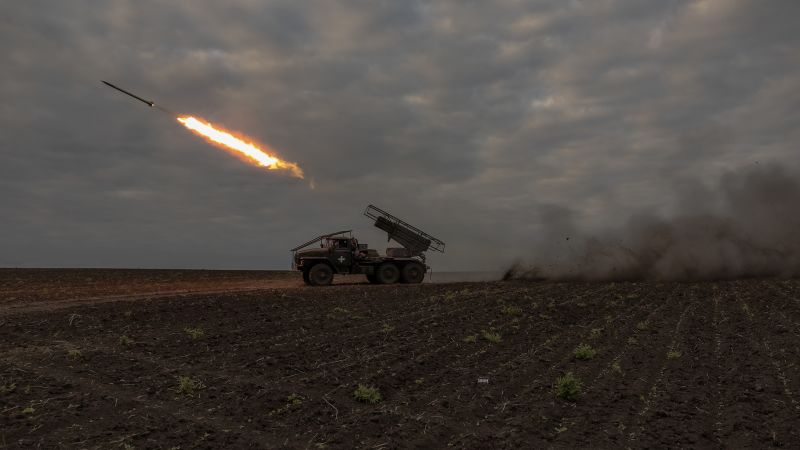NATO defense ministers are set to finalize an agreement on Friday that will give the alliance greater control over security assistance and training for Ukraine’s military. This move comes amid uncertainty over the outcome of the US presidential election this fall, with officials citing concerns about the potential impact of a victory by former President Donald Trump, who has been skeptical of US military support for NATO and Europe.
According to a NATO official familiar with the discussions, the consolidation plan is also aimed at shifting more responsibility to Europe for training and equipping Ukraine in light of uncertainties about the US commitment to supporting Ukraine in its conflict with Russia.
NATO Secretary General Jens Stoltenberg announced the intention to take a greater role in supporting Ukraine, stating that NATO currently provides “more than 99% of all military support to Ukraine.” He emphasized the need for NATO to provide predictability and address both immediate and long-term needs for Ukraine.
The effort will be headquartered in Wiesbaden, Germany, and will fall under NATO command, led by a three-star general reporting to Gen. Chris Cavoli, the Supreme Allied Commander Europe and head of US European Command.
Speaking at a news conference, Stoltenberg highlighted the importance of minimizing gaps and delays in military support, particularly after a months-long delay by the US had negative impacts on Ukraine’s ability to combat Russian aggression.
Stoltenberg also proposed that NATO allies provide Ukraine with a minimum of 40 billion euros annually to ensure the country has the necessary resources to defend against Russian aggression.
The plan to centralize military support for Ukraine within NATO overcame a hurdle when Hungarian Prime Minister Victor Orban stated that while Hungary will not participate in the scheme, it will not veto it.
Meanwhile, as the Ukraine Defense Contact Group and NATO defense ministers meet in Brussels, the Group of Seven nations summit in Italy is addressing support for Ukraine as a key issue. G7 leaders have agreed to provide a loan to Ukraine backed by profits from frozen Russian investments, totaling approximately $50 billion and expected to be delivered by the end of 2024.
Additionally, the US and Ukraine are expected to sign a long-term security agreement at the G7 summit, following months of negotiations.











